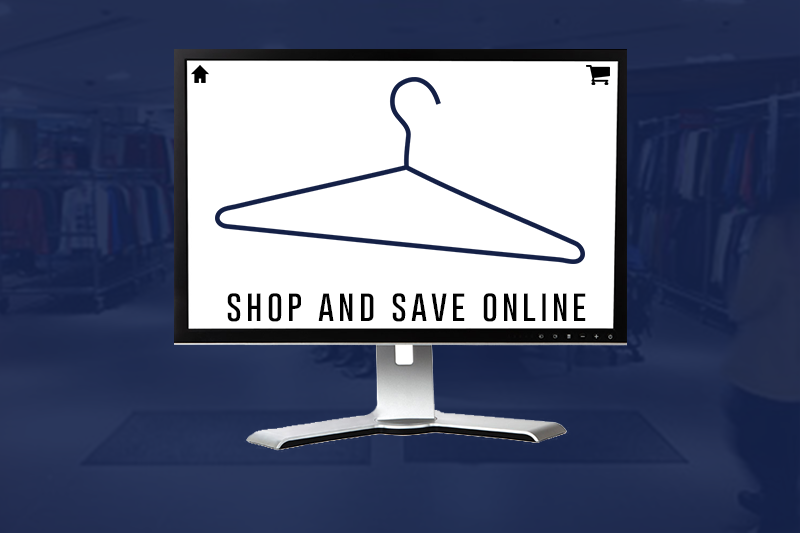Wet Seal has been a popular store that aimed for young adults and sold contemporary clothing at affordable prices. Recently, news came out that the company will close down all of its stores.
This is not the first time the company is in the bankruptcy courts. The first time was two years ago when it was forced into Chapter 11 due to the lack of customers in stores. They have now made the decision to close down their stores because the company was not able to find a buyer or put a better plan in place. According to Fortune Magazine, the Wall Street Journal had obtained a letter from the vice president and general counsel of Wet Seal that stated, “Unfortunately, the company was unable to obtain the necessary capital or identify a strategic partner, and was recently informed that it will receive no further financing for its operations.”
Wet Seal is not the only clothing store that has been impacted by business conditions; Aeropostale also filed for Chapter 11 bankruptcy last year, and, according to CNBC, they plan to close down 120 stores. These stores were just not able to compete with more popular stores that serve the same customer segment such as Forever 21 and H&M.
Over the past several years, fewer people have been going to the mall to shop. Consumers are on the Internet buying items that are practical at a cheaper price. For many, there is no need to go to the store when they can enjoy the convenience of shopping from home. People can even buy their groceries online; it’s just that simple.
While this revolution in the retail world has a financial impact on the company and its investors, the change is not yet as noticeable to RMU students like Destiny Smith.
“I’m pretty indifferent to it, but then I think about how [employees] may have [lost] their jobs and that’s kind of disappointing,” Smith said.
Sara Stonestreet, another Robert Morris student, feels that their is an emotional impact to what is happening with these stores.
“I think it’s a little sad that they’re all shutting down,” Stonestreet said. “I understand that they’re not making enough money in stores to keep it up, but I enjoy the experience of shopping in stores. It [kind of] bums me out that it’s not [going to] be as variety packed.”
Both Smith and Stonestreet like the in-store experience of both being able to try on clothes before they buy and of just walking around and looking. Despite that experience, they also enjoy the on-line convenience of not having to drive to a store.
Where they differ is whether they shop more on the Internet or in stores. Smith tends to prefer a virtual shopping experience; although, it does have its drawbacks.
“I do a lot of online shopping,” Smith said. “I don’t have a car to go to the store whenever I want, so it’s the go-to [option] for me. I [do] hate the fact that I’m not able to try on the clothes. Sometimes when I order, I get the wrong size and it becomes a big problem, but shopping online is a lot more convenient.”
On the other hand, Stonestreet finds herself shopping in stores nearly 70 percent of the time.
“Mostly, I enjoy shopping in stores, but I do shop online,” Stonestreet said. “I shop online out of necessity or laziness. I know I have more choices, and I can see [all the items on their website].”
It is likely that shopping in stores will still be around longer than we realize. Even though it is sad to know the stores we once loved to shop in are now closing down, the remaining stores and the Internet will still be able to satisfy our needs. But online retail can never take away the experience of being in the moment inside a store–the feeling of satisfaction that you get with seeing, feeling and trying out a product before buying. It’s like opening a book and flipping through the pages–an experience that still keeps bookworms in bookstores and can never be replaced by an e-book. At least, not anytime soon.















